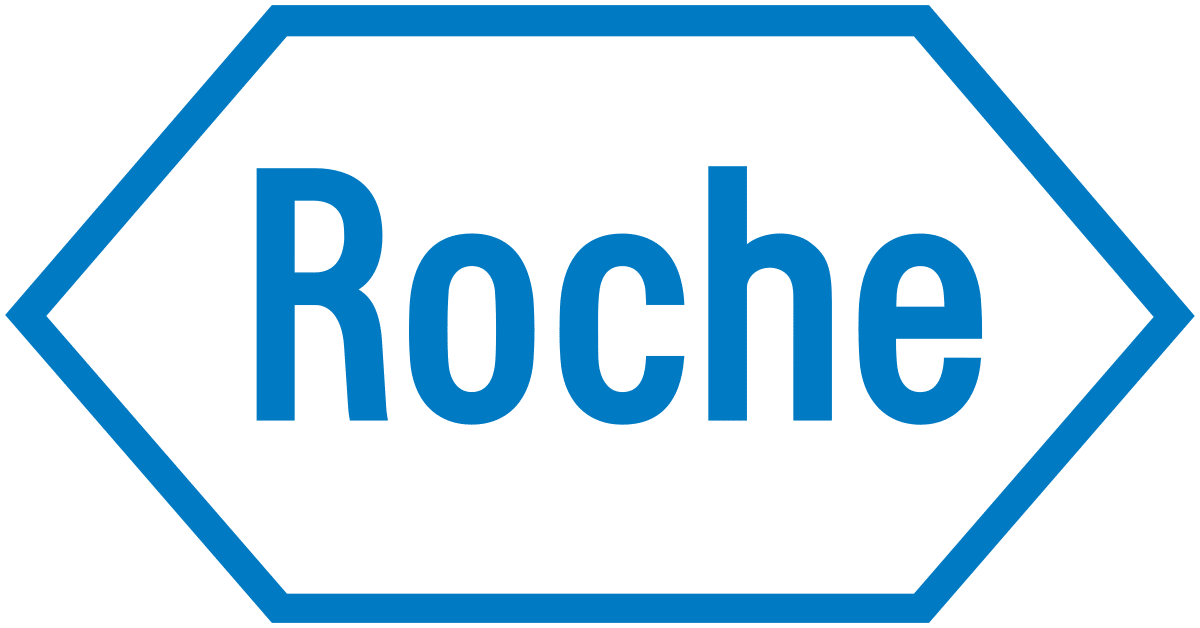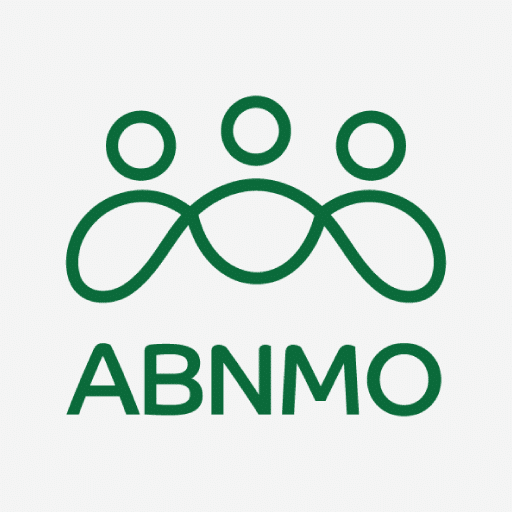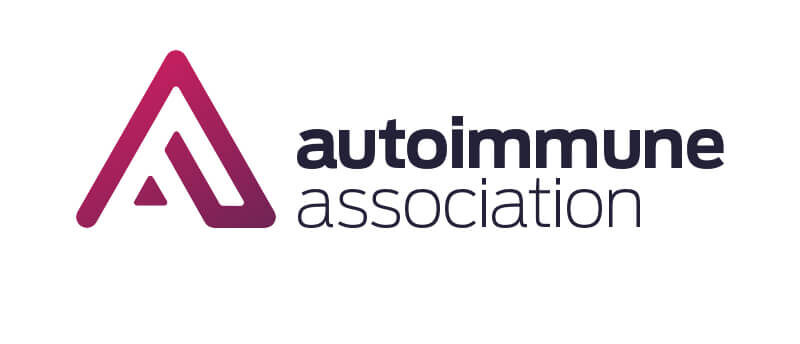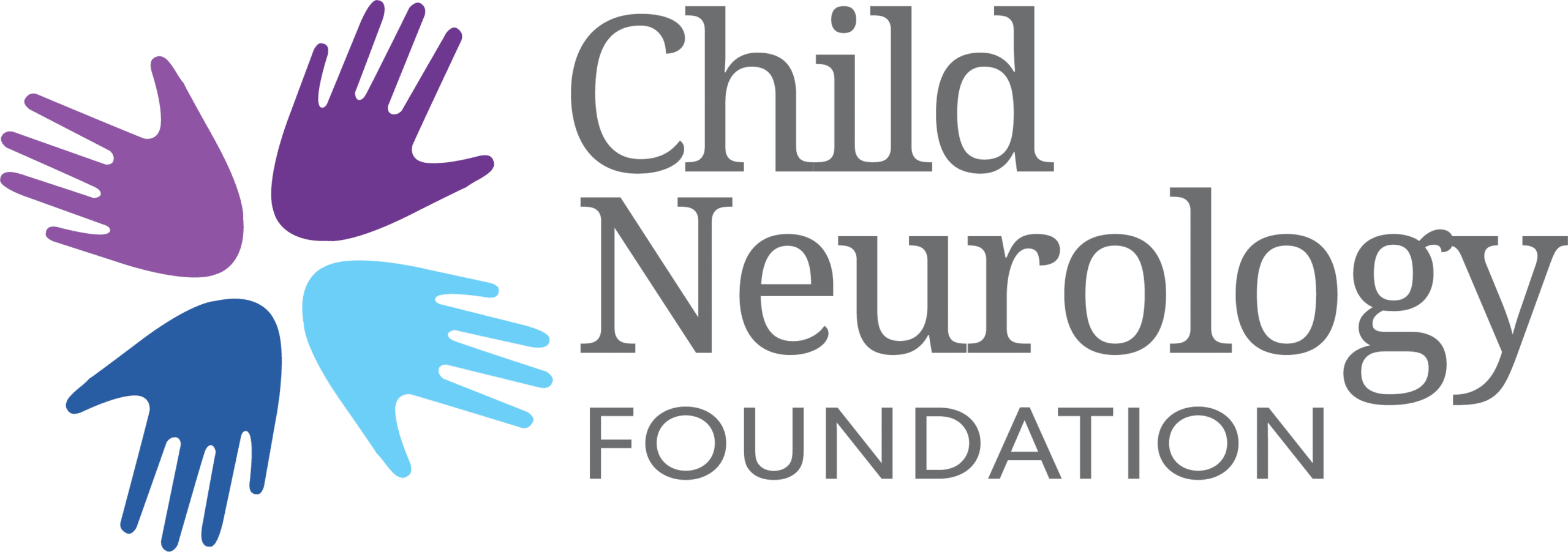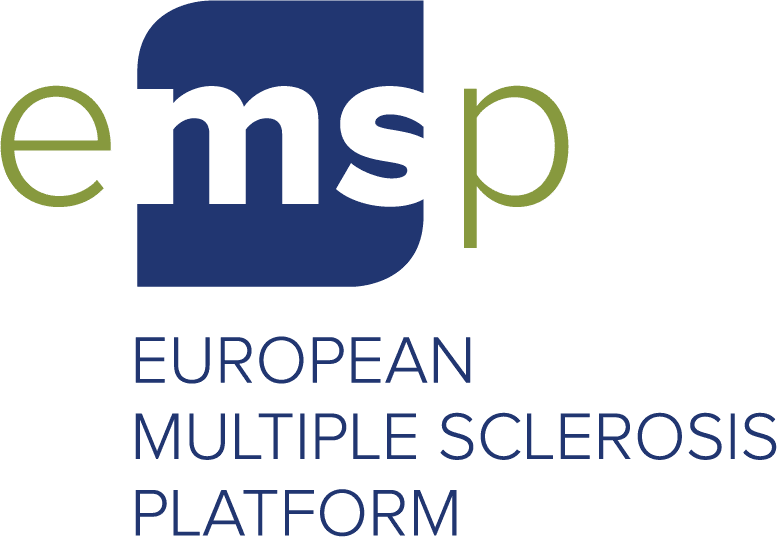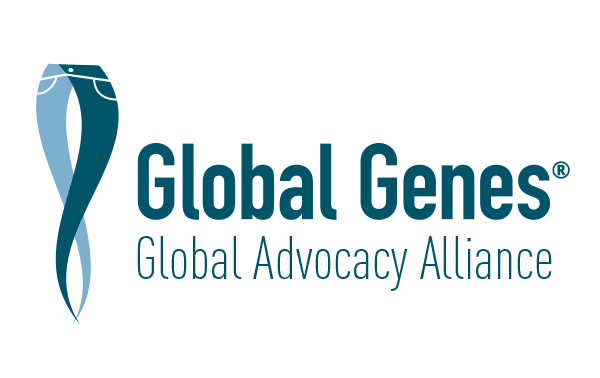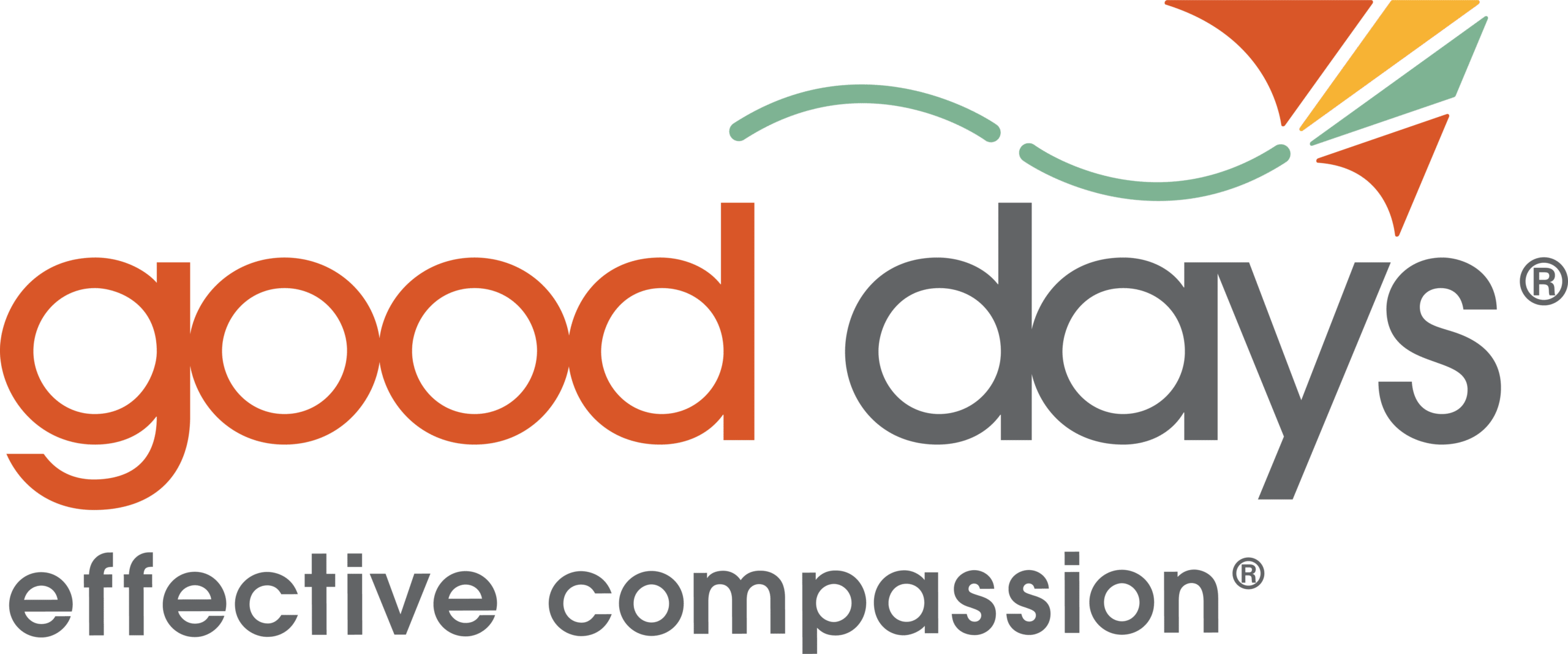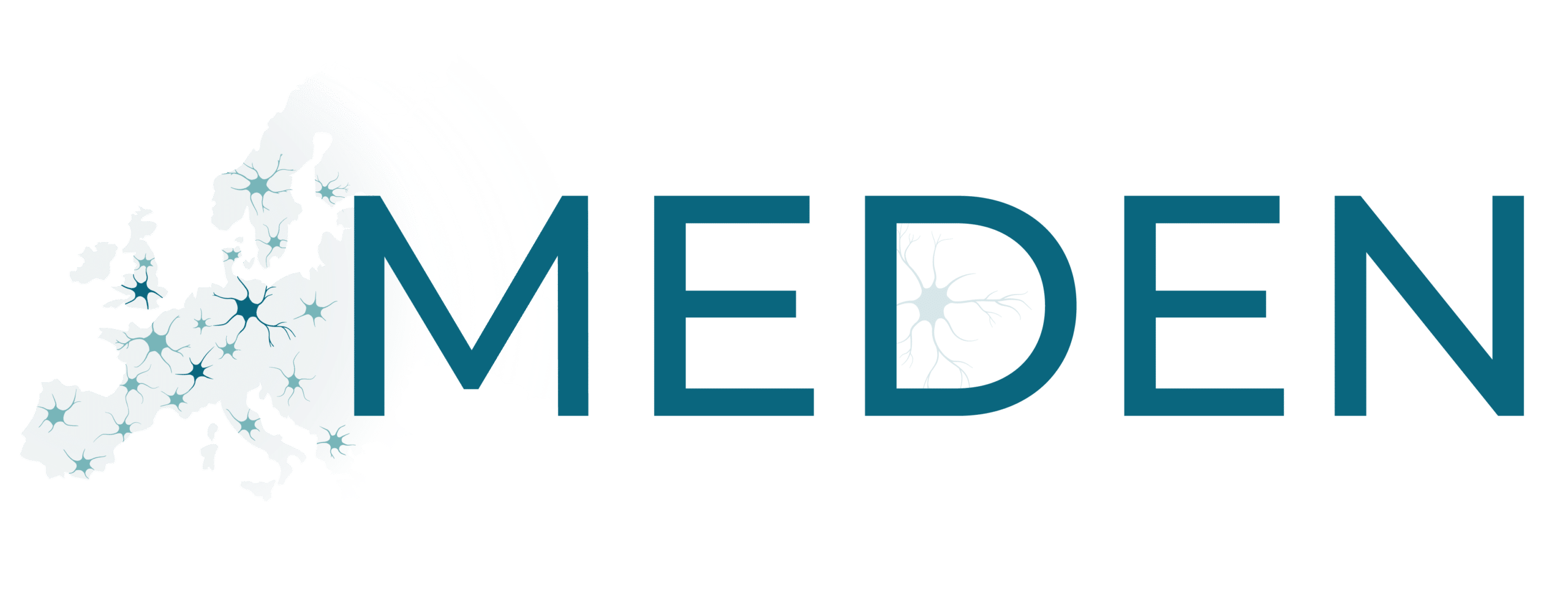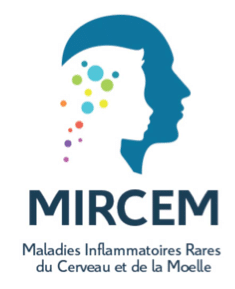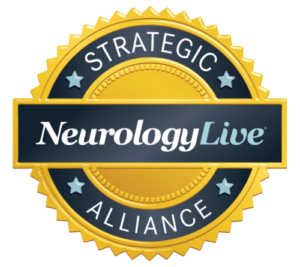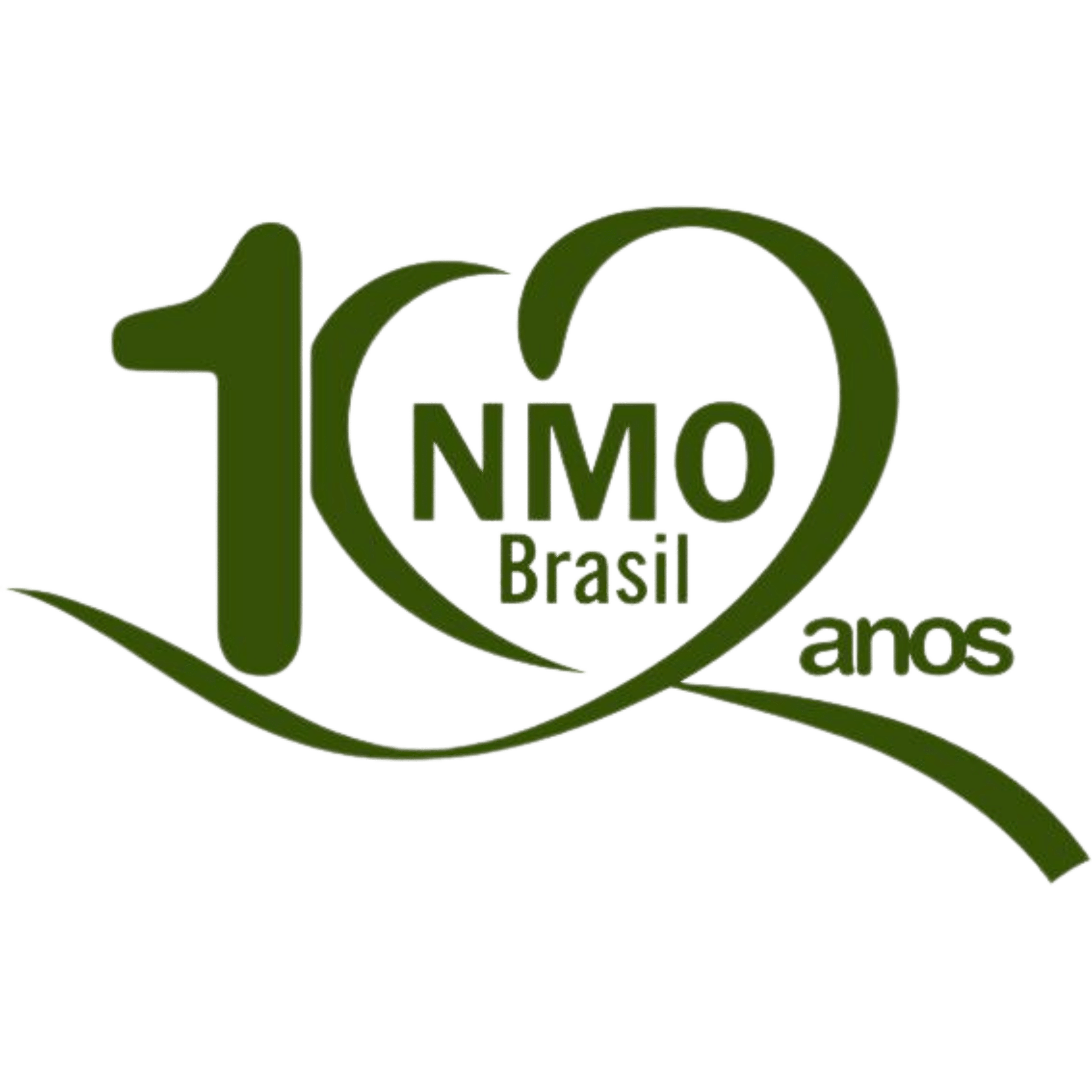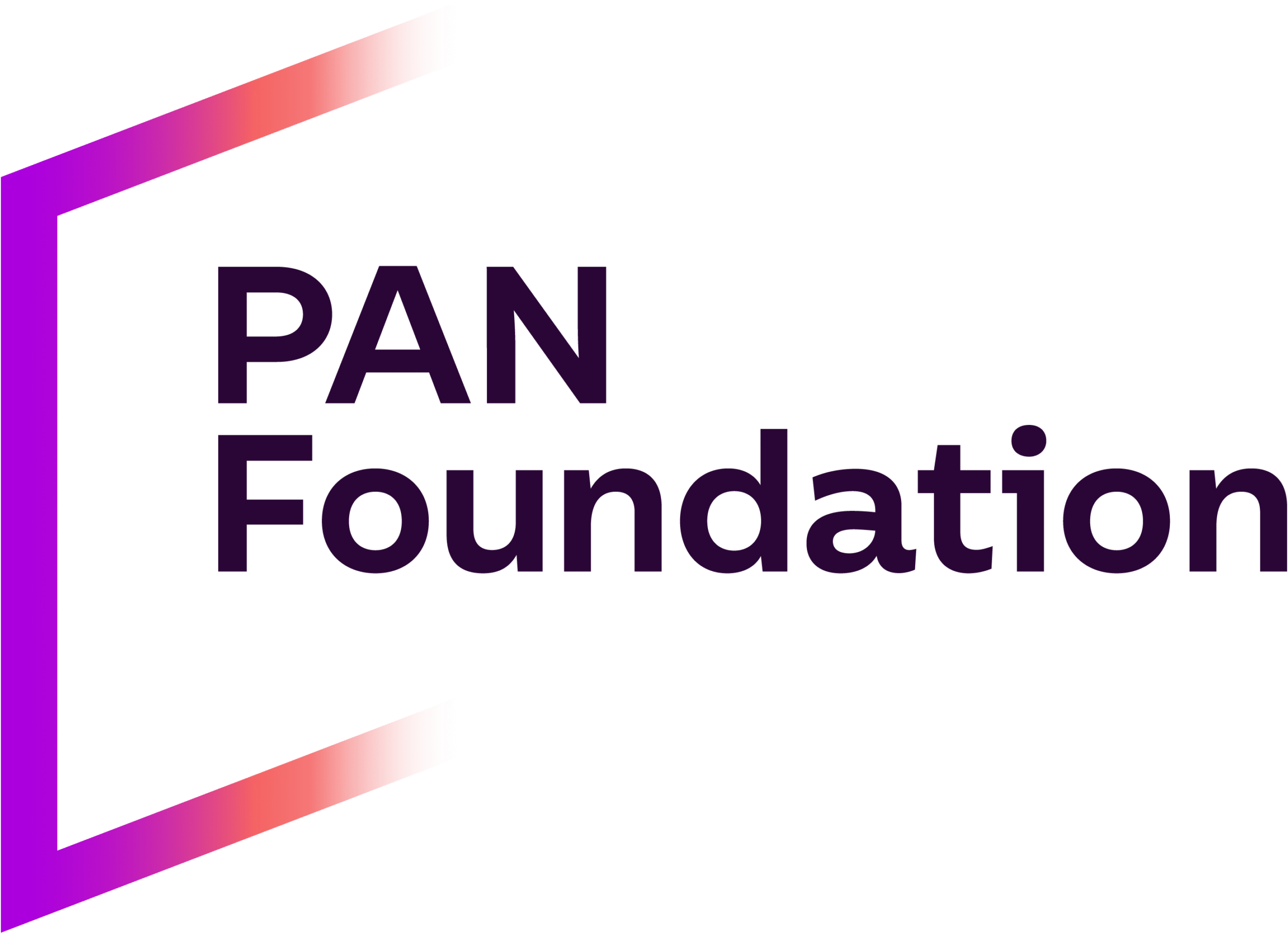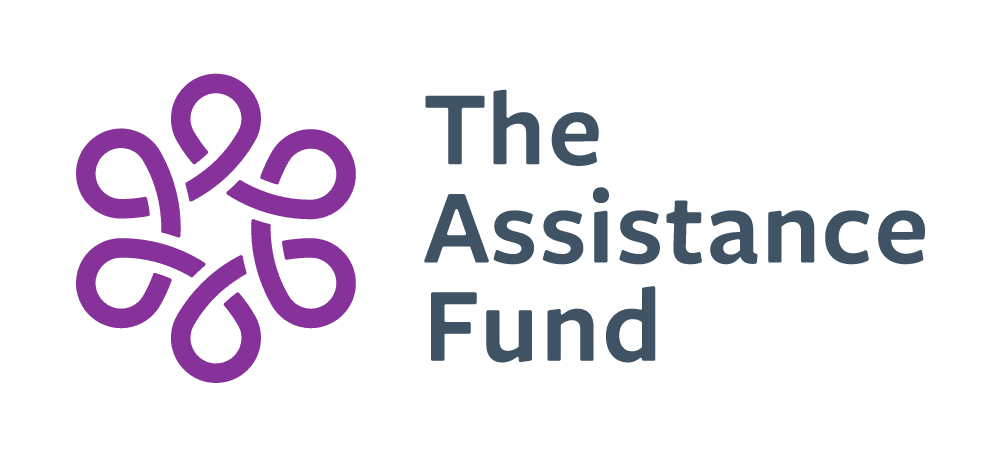Home » Research Summaries » Search Results
Archives: Research Summaries
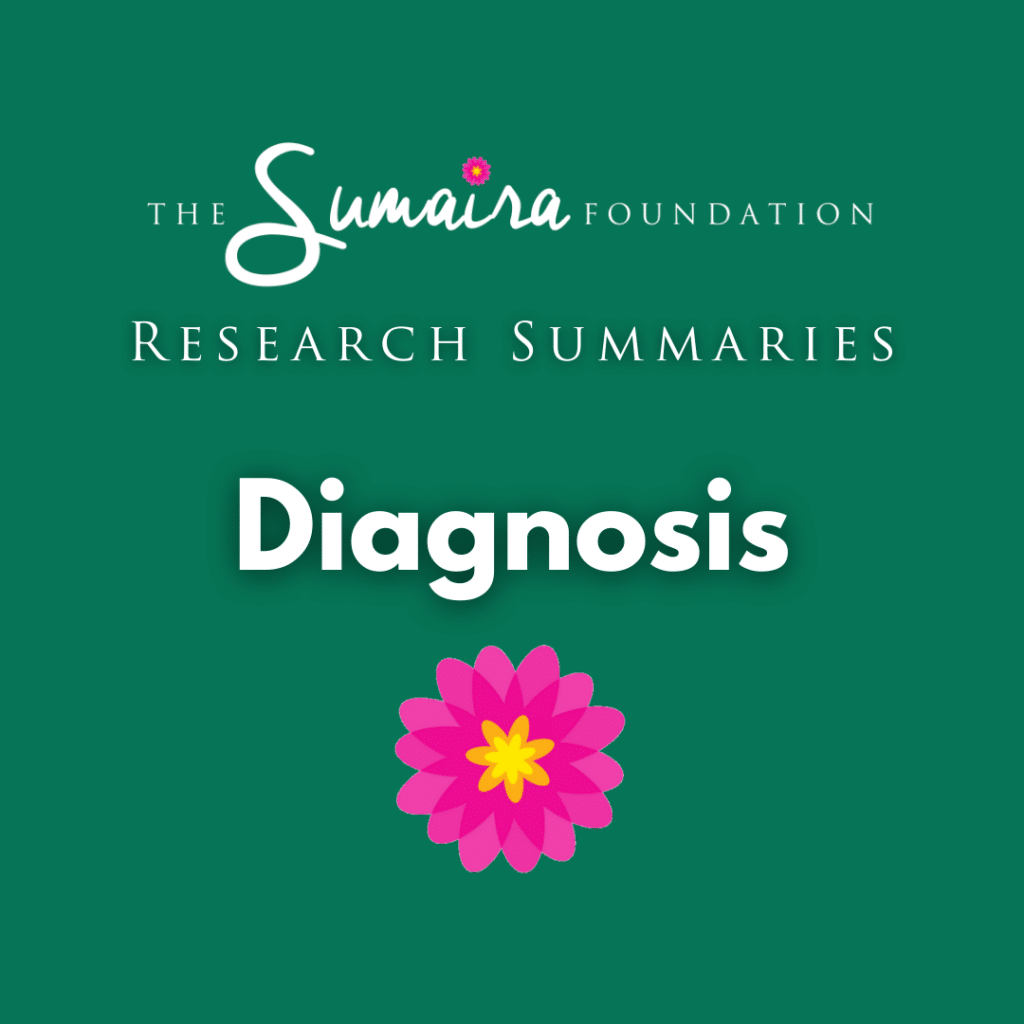
Journal: Journal of Neuroinflammation; May 3, 2018
Author(s): S. Jarius, F. Paul, O. Aktas, N. Asgari, R. C. Dale, J. de Seze, D. Franciotta, K. Fujihara, A. Jacob, H. J. Kim, I. Kleiter, T. Kümpfel, M. Levy, J. Palace, K. Ruprecht, A. Saiz, C. Trebst, B. G. Weinshenker & B. Wildemann
International recommendations on diagnosis and antibody testing in MOGAD
Before specific antibody tests for MOGAD became available, MOGAD was often misdiagnosed as MS or NMOSD. Since the introduction of these tests, many patients previously diagnosed with MS are now being tested for anti-MOG antibodies. To lessen the hazard of overdiagnosing MOGAD, which may lead to inappropriate treatment, more selective criteria for MOG antibody testing are urgently needed. This paper proposes indications for MOG antibody testing based on expert consensus and also shares a list of conditions atypical of MOGAD (red flags) that should prompt physicians to challenge a positive MOG-IgG test result.
Free Access: Full text
read the Full Text
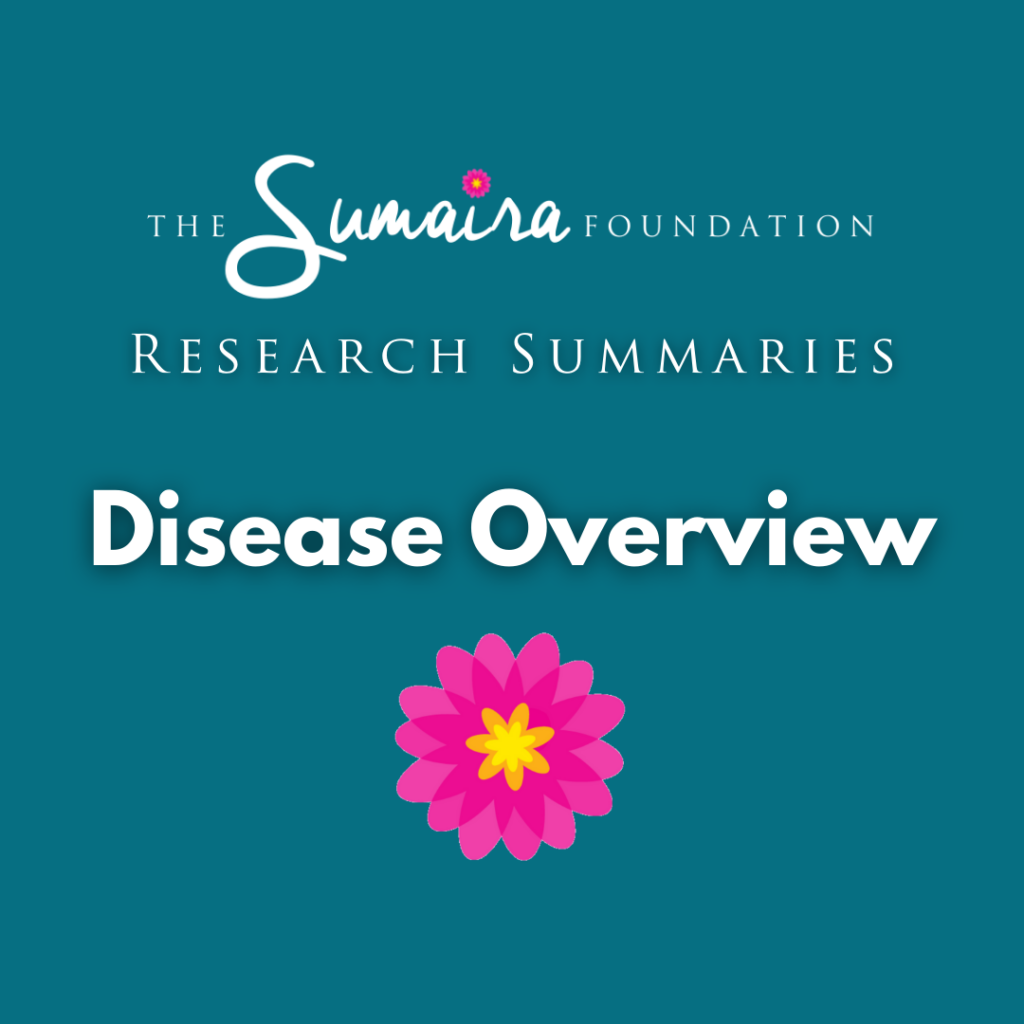
Journal: The Lancet Neurology; September 1, 2021
Author(s): Romain Marignier, Yael Hacohen, Alvaro Cobo-Calvo, Anne-Katrin Pröbstel, Orhan Aktas, Harry Alexopoulos, Maria-Pia Amato, Nasrin Asgari, Brenda Banwell, Jeffrey Bennett, Fabienne Brilot, Marco Capobianco, Tanuja Chitnis, Olga Ciccarelli, Kumaran Deiva, Jérôme De Sèze, Kazuo Fujihara, Anu Jacob, Ho Jin Kim, Ingo Kleiter, Hans Lassmann, Maria-Isabel Leite, Christopher Linington, Edgar Meinl, Jacqueline Palace, Friedemann Paul, Axel Petzold, Sean Pittock, Markus Reindl, Douglas Kazutoshi Sato, Krzysztof Selmaj, Aksel Siva, Bruno Stankoff, Mar Tintore, Anthony Traboulsee, Patrick Waters, Emmanuelle Waubant, Brian Weinshenker, Tobias Derfuss, Sandra Vukusic and Bernhard Hemmer
An overview of MOGAD
Myelin-oligodendrocyte glycoprotein antibody-associated disease (MOGAD) is a recently identified autoimmune disorder that can appear in both adults and children and is characterized by demyelination of the central nervous system. While it might appear similar to multiple sclerosis and NMOSD, cumulative biological, clinical, and pathological evidence indicates MOGAD to be a distinct disease. Patients who test positive for anti-MOG antibodies should not be diagnosed with multiple sclerosis or NMOSD. However, many questions related to the role of anti-MOG antibodies in the disease course of MOGAD remain unanswered, and more evidence is required regarding how and when to treat patients.
Free Access: Abstract only
Read the abstract
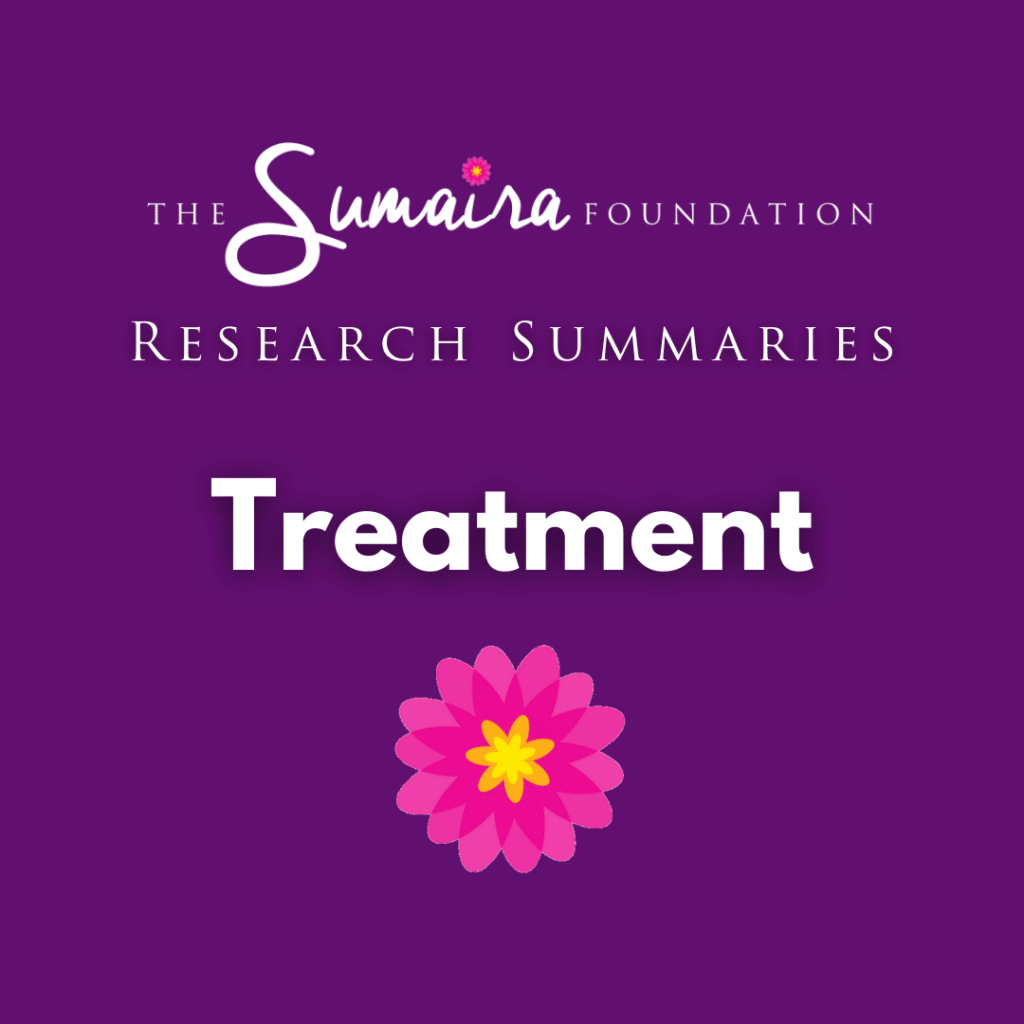
Journal: The Lancet Neurology; November 10, 2020
Author(s): Michael Levy, Kazuo Fujihara and Jacqueline Palace
New therapies for NMOSD
Three therapies have recently been approved for neuromyelitis optica spectrum disorder (NMOSD): eculizumab, satralizumab, and inebilizumab. Four randomised controlled trials have tested the efficacy of these three new therapies and have shown a benefit in preventing future attacks. Efficacy, safety, tolerability, and practical considerations, including potential cost, differ for each drug and might affect the rate of use in real-world populations of patients with neuromyelitis optica spectrum disorder. Nevertheless, compared to the typical situation for rare diseases, these approved therapies represent an abundance of treatment options for NMOSD patients.
Free Access: Abstract only
read the abstract

Journal: Clinical Medicine Journal; March 1, 2019
Author(s): Saif Huda, Dan Whittam, Maneesh Bhojak, Jayne Chamberlain, Carmel Noonan, Anu Jacob and Rachel Kneen
A review of NMOSD
This article reviews the pathogenesis, clinical features, diagnosis and management of NMOSD. It includes a short patient case study and discusses the history, genetic factors and populations affected, clinical presentation, diagnostic considerations, and treatment options. Key take-home messages are as follows:
- Neuromyelitis optica spectrum disorder (NMOSD) is a relapsing central nervous system disease associated with aquaporin-4 antibodies.
- Common presentations include longitudinally extensive myelitis, severe optic neuritis, and area postrema syndrome.
- Prompt and aggressive treatment of relapses with high dose steroids with/without plasma exchange improves outcomes.
- All patients with aquaporin-4 antibodies should be immunosuppressed indefinitely to prevent further attacks.
- The NMOSD service based in Liverpool (Walton Centre NHS Foundation Trust) and Oxford (John Radcliffe Hospital) provides a quaternary service for all NMOSD patients in the UK. Referrals are accepted from GPs and all medical specialties.
Free Access: Full text
read the Full Text
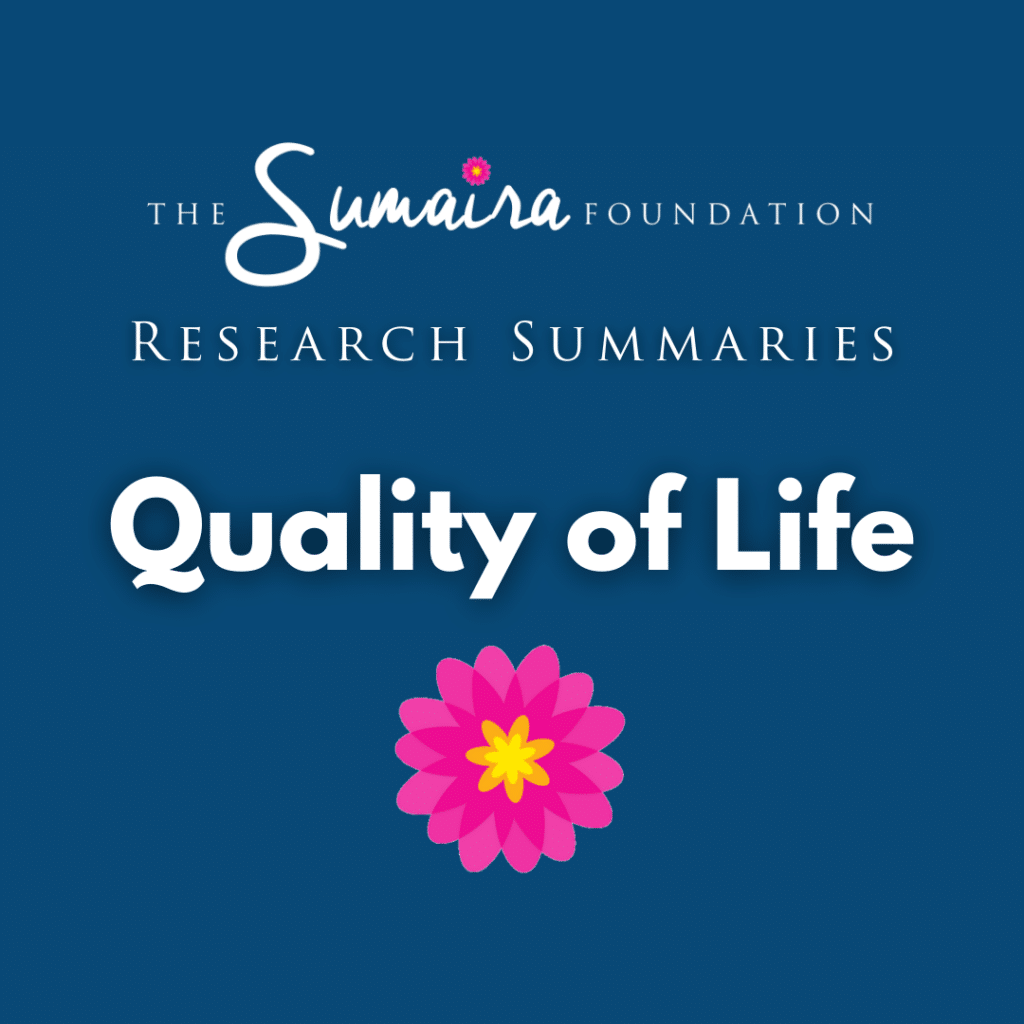
Journal: Multiple Sclerosis and Related Disorders; September 12, 2023
Author(s): Jianyi Liu, Xiaobo Zhang, Yi Zhong and Xianglin Liu
Prevalence of depression, anxiety, and sleep disturbances in a large group of NMOSD patients
Psychiatric disorders, such as depression, anxiety, and sleep disturbances, contribute substantially to the disease burden and reduce the health-related quality of life of NMOSD patients. This study assessed the prevalence of depression, anxiety, and sleep disturbances across 4213 NMOSD patients pooled from 31 different studies. The results showed a high prevalence of depression, anxiety, and sleep disturbances among NMOSD patients. This highlights the need for timely psychological monitoring and support for NMOSD patients.
Free Access: Patient access to full text via email
Patient access to full text via email

Journal: Journal of Managed Care & Specialty Pharmacy; December 1, 2022
Author(s): Dean M Wingerchuk, Brian G Weinshenker, Dana McCormick, Sasha Barron, Laura Simone and Larissa Jarzylo
Helping payers and treatment providers to understand and appropriately address the burden posed by NMOSD
This study reviewed previous studies to evaluate the disease burden, diagnosis, and treatment of NMOSD in the US. In addition, a patient survey was conducted to capture the real experiences of NMOSD patients. The authors found that the rarity of the condition combined with its similarities with disease like MS, can delay accurate diagnosis and treatment, increasing the chances of long-term disability. While several monoclonal antibodies have been approved for NMOSD treatment, there is limited evidence to guide treatment decision-making, including which therapies to use first, when to switch, and when to use them independently or in combination. The results of the patient survey revealed significant clinical and financial burdens to NMOSD patients, including frequent attacks, delays in therapy initiation, need for urgent care and repeat hospitalizations, new and worsening symptoms, accumulating disability, and difficulties affording care. The study provides recommendations for payers and treatment providers to consider these factors into their strategy for addressing the disease burden of NMOSD.
Free Access: Full text
Read the Full Text

Journal: Annals of Indian Academy of Neurology; January 11, 2022
Author(s): Varsha A Patil, Saurabh N Kamat, Jamshed A Lalkak and Bhim Singhal
Effectiveness and safety of rituximab in MS, NMOSD, and MOGAD
In this retrospective study of 61 MS, 37 NMOSD, and 4 MOGAD patients in India, rituximab treatment eliminated relapses in 97% of MS, 67% of NMOSD, and 50% of MOGAD patients over the study duration of June 2008 to January 2020. The disability scores improved in some MS patients but remained constant in NMOSD and MOGAD patients. The study concluded that rituximab is effective and safe in Indian patients with MS and NMOSD.
Free Access: Full text
Read the Full Text
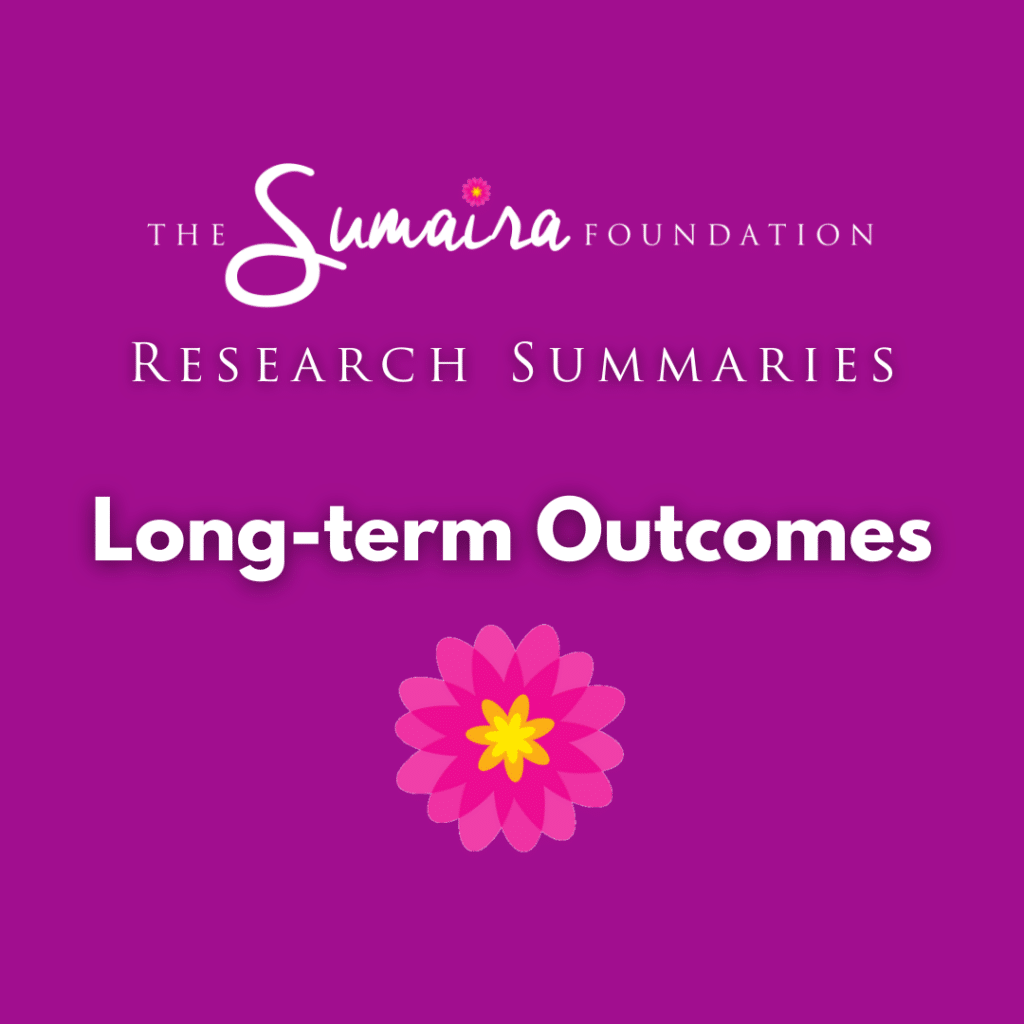
Journal: Neurology; August 31, 2022
Author(s): Paula Barreras, Eleni S Vasileiou, Angeliki G Filippatou, Kathryn C Fitzgerald, Michael Levy, Carlos A Pardo, Scott D Newsome, Ellen M Mowry, Peter A Calabresi and Elias S Sotirchos
Long-term effectiveness and safety of Rituximab in NMOSD and MOGAD
Although not an FDA-approved therapy for NMOSD, rituximab is widely used as an off-label therapy for relapse prevention in NMOSD and MOGAD patients. This study evaluated long-term outcomes of rituximab treatment for 111 NMOSD patients who tested positive for antibodies against aquaporin-4 (seropositive patients) and for 23 MOGAD patients. The results show that provided the treatment protocol is followed well, rituximab reduces the annual relapse rate substantially in seropositive NMOSD patients but not as robustly in MOGAD patients. Significant cases of infections were noted among patients, highlighting the need for careful monitoring of infections in patients under rituximab treatment.
Free Access: Abstract only
Read the Abstract

Journal: Frontiers in Immunology; August 29, 2023
Author(s): Lekha Pandit, Anitha D’Cunha, Chaithra Malli and Akshatha Sudhir
Comparison of two diagnostic tests for MOGAD in an Indian population
The diagnosis of MOGAD poses many clinical challenges because the disease has many features similar to MS and NMOSD. This study compared two diagnostic techniques for MOGAD – (a) a live cell-based assay (LCBA) that is more expensive and requires more technical skills and infrastructure and a fixed cell-based assay (FCBA) that is commercially developed, cost-effective, and easier to conduct at scale. Whereas some earlier studies have shown that the LBCA is more effective and accurate than the FCBA for MOGA diagnosis, this study showed that the diagnostic value of both assays were similar. In India where this study was done, most patients are uninsured and medical costs are managed out-of-pocket, so these results offer hope for more cost-effective diagnostic screening at scale.
Free Access: Full text
Read the Full Text

Journal: JAMA Neurology; May 1, 2022
Author(s): John J Chen, Saif Huda, Yael Hacohen, Michael Levy, Itay Lotan, Adi Wilf-Yarkoni, Hadas Stiebel-Kalish, Mark A Hellmann, Elias S Sotirchos, Amanda D Henderson, Sean J Pittock, M Tariq Bhatti, Eric R Eggenberger, Marie Di Nome, Ho Jin Kim, Su-Hyun Kim, Albert Saiz, Friedemann Paul, Russell C Dale, Sudarshini Ramanathan, Jacqueline Palace, Valentina Camera, Maria Isabel Leite, Byron L Lam, Jeffrey L Bennett, Sara Mariotto, Dave Hodge, Bertrand Audoin, Elisabeth Maillart, Romain Deschamps, Julie Pique, Eoin P Flanagan and Romain Marignier
IVIG for relapse prevention in adult MOGAD patients
In this retrospective study of records of 59 adult patients with MOGAD, long-term IVIG treatment was found to significantly reduce the annual relapse frequency. These results need to be validated in large-scale clinical trials.
Free Access: Full text
Read the Full Text













